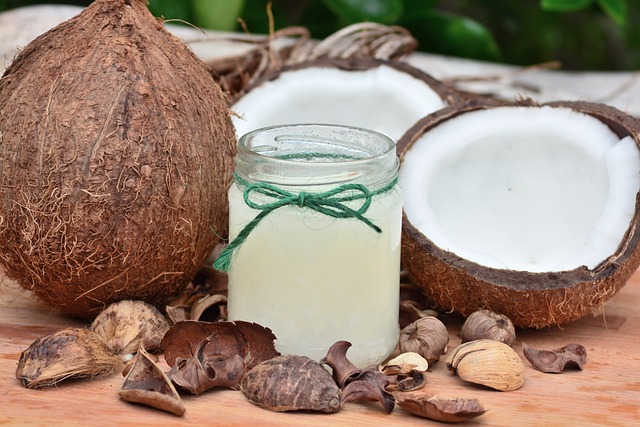Probiotics for All Ages: Nurturing a Healthy Microbiome from Infancy to Seniors
The human body is home to trillions of bacteria, viruses, and fungi collectively known as the microbiome. These tiny organisms play a crucial role in maintaining our overall health and wellbeing. Among them, probiotics are beneficial bacteria that offer numerous health benefits when consumed in adequate amounts.
What are Probiotics?
Probiotics are live microorganisms that, when ingested, confer health benefits to the host. These beneficial bacteria reside mainly in our gut and help maintain a balanced and diverse microbiome. While there are various types of probiotics, the most common ones include Lactobacillus and Bifidobacterium.
Probiotics for Infants and Children
The early years of life are crucial for the development of a healthy microbiome. Probiotics can play a significant role in supporting the growth and development of infants and children. Research suggests that probiotics can:
- Prevent and manage common digestive issues such as colic, reflux, and diarrhea.
- Strengthen the immune system, reducing the risk of allergies and infections.
- Enhance nutrient absorption, aiding in overall growth and development.
- Promote optimal brain development and cognitive function.
It’s important to consult with a healthcare professional before giving probiotics to infants or young children, as the dosage and specific strains may vary depending on their individual needs.
Probiotics for Adults
As we age, our microbiome naturally changes. Factors such as diet, stress, medications, and aging itself can disrupt the balance of beneficial bacteria in our gut. Including probiotics in our daily routine can be highly beneficial for adults. Probiotics can:
- Improve digestion and alleviate symptoms of irritable bowel syndrome (IBS).
- Boost the immune system, reducing the frequency and severity of common illnesses.
- Support mental health and reduce the risk of mood disorders.
- Enhance nutrient absorption, especially important for aging individuals with decreased absorption capacities.
- Help maintain a healthy weight and prevent obesity.
When choosing probiotics, look for a variety of strains and opt for reputable brands that undergo rigorous testing to ensure the viability and effectiveness of the bacteria.
Probiotics for Seniors
As we enter our golden years, our digestive system becomes more delicate, and our immune system may weaken. This makes seniors more susceptible to gastrointestinal issues, infections, and a decline in overall health. Probiotics can be particularly beneficial for seniors. They can:
- Improve digestive health and alleviate symptoms of constipation and diarrhea.
- Boost the immune system, reducing the risk of infections.
- Support bone health by enhancing calcium absorption.
- Alleviate symptoms of age-related conditions such as arthritis.
- Provide a natural defense against antibiotic-associated diarrhea.
Always consult with a healthcare professional to determine the appropriate probiotic strains and dosages for seniors, as they may have specific dietary restrictions or underlying health conditions that need to be considered.
How to Incorporate Probiotics into Your Routine
There are several ways to incorporate probiotics into your daily routine:
- Include probiotic-rich foods in your diet, such as yogurt, kefir, sauerkraut, kimchi, and kombucha.
- Consider taking a probiotic supplement, ensuring it contains a diverse range of strains and adequate colony-forming units (CFUs).
- Read product labels and storage instructions carefully to maintain the viability of the probiotics.
- Ensure proper storage of probiotic supplements in a cool, dry place.
<







